as you have seen from the thread address
i want to make a public dns server something like google public dns server so what does take it takes ?!
i want a detailed answer , please
notice: i'm just trying to understand how to it works more i'm not going to really do it :P



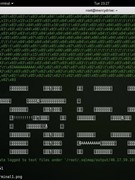





















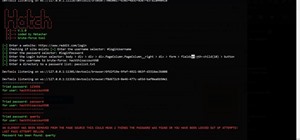





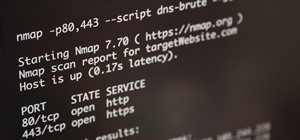




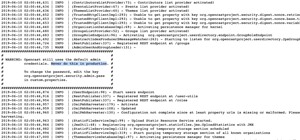


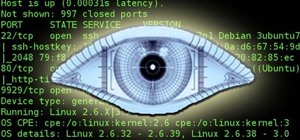
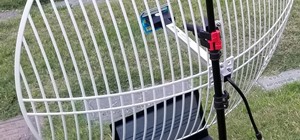
10 Responses
maybe you need dnsspoof. if you want a public dns server, it's too complecated
what about making dns spoof over wan
in another words
making a dns server that resolve all the ip addresses throw google dns server except the sites i want :D
so if we had that dns server on a router that its not connected to me it redirect the computers that connected to that router to the sites i want :D
i suggest you to understand BIND(Berkeley Internet Name Domain). in windows , there are also some softwares to build an easy dns server. DNS server uses udp usually, but they sync each other with tcp. it has many knowledge
In this particular case, you would literally need a magic unicorn that poops miracles to pull this off. It's not going to happen. Pick a new project.
i wasn't going to really do it i'm just trying to understand more :D
I don't think any non-isp type entities can make public DNS servers :P
i'm just trying to understand how to it works more i'm not going to really do it :P
Pretty much they all have a huge list of addresses registered to them, or IP blocks.
Then they distribute that among their clients.
We ran out of IP addresses a while back (technically) so now everything is moving to IPv6.
I'm not sure of the exact methods as I'm not some network admin.
Anyone can create a DNS server, all you need is a computer with a server OS. The hard part is getting all of the address records to populate the server. Thats why most people dont have their own server and rely on larger company DNS servers. So small independent companies and people could have their own DNS servers within their network with some addresses to URLs such as their company website or Google. If the personal DNS server does not have a record for the URL the request gets escalated to a larger DNS server like an ISP. If the ISP has the URL record the personal DNS server records the record for itself and gives the user access. If the ISP doesn't have the record it escalates the request to another DNS server. This happens again and again til the record gets found or the DNS request times out.
Share Your Thoughts